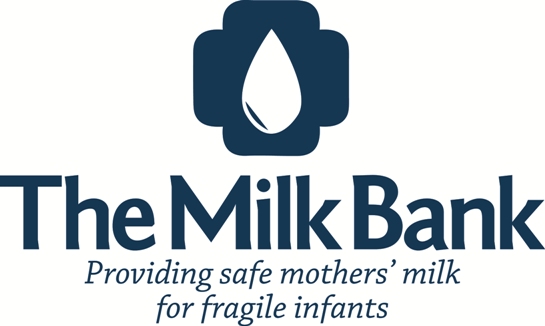I have been so thankful for the opportunity to be a breast milk donor now two times with both of my children. This opportunity was something has meant so much to me. It was a goal that I had each time, I have breast feed my children. I wanted to have enough milk for my child obviously, but also to be able to give some to other children. Being able to help support those babies I work with in the NICU everyday is something that is near and dear to my heart. I do understand for lots of mamas, this wasn’t a choice for them. They may have wanted to breast feed, but couldn’t sustain their milk supply or maybe didn’t have much of a supply to begin with. I don’t want this post to make any mama feel inadequate, but I just wanted to share this journey in the hopes of inspiring you and having you encourage other mamas out there on their breastfeeding journeys.
So I wanted to talk a bout how and why breast milk donation is important. I wrote up a post about 3 years ago now about the steps to breast milk donation - CLICK HERE. I wanted to share with you more about where this milk goes and why donating to a milk bank is important.
You might have heard about informal milk sharing. That is where one mama gives her breast milk to another mama to feed her child. This is also the idea of wet nursing (and those individuals had been used in years past). For mamas today, I would be very cautious about informal milk sharing. You have no idea what mothers do in terms of medications or drugs taken, alcohol consumed or any other substances. That makes me very apprehensive to tell mothers it is ok to obtain breast milk from informal milk sharing. Some women will say “well I know this person and trust them.” That is ok, and you as the mother have to do what you feel is best for you and your child and make a choice you can live with. I do have an experience with giving some of my milk to a mother (who I didn’t personally know) . I spoke with her ahead of time and told her that I was an approved milk donor, but she never asked me any questions. Honestly, I never gave my milk away again. I didn’t feel comfortable with it and didn’t feel like it was best use of a limited resource.
The process to donate milk to the Milk Bank has a couple of steps - an application, a screening call and blood work. Those things are all done to ensure that the milk is safe for recipients. This milk that is donated, is then pooled together to ensure that the calories and protein are evenly distributed. It is then bottled and then pasteurized for hospitals and the community to purchase. This process is done in a safe and clean milk handling space. The staff that handles and pasteurizes this milk is specially trained to follow safety guidelines and procedures.
I wanted to share this information with you all so you are aware of this amazing resource and if you have extra breast milk and are interested in donating - reach out to The Milk Bank.
I also wanted to share a quick summary about my personal experience with donating milk for a second time. I have admit it was a very different experience. Life with two small children is so much different compared with only having one. The first time, I had LOTS of extra milk and was able to donate quite a bit. I also was limited on freezer space and that is what pushed me donate more sooner, rather than later. This second time around, I have donated less and then getting the blood work done took me forever. It was just hard to fit it in my schedule. I plan to try to donate some more milk one more time, but I have had as much extra as I did the first time round. I share all of my personal experience with you to let you know that each pregnancy, each child and each time you choose to breast feed is different. It never goes the same way twice and that is ok. If you are able to have extra milk to donate, please send it to The Milk Bank and if that’s not possible for you that is ok as well. There are other ways to give and support this non-profit.




